
Homeless Upper Valley couple faces ‘a very tough situation’
SHARON — With homelessness at record levels in Vermont, an Upper Valley couple’s precarious living situation toppled last month following a trespassing order from the state and complaints from nearby residents.In late March, the couple hired a tow...

Kenyon: Constitutional rights should trump Dartmouth’s private interests
Andrew Tefft wasn’t inside a tent on the Dartmouth College Green. He hadn’t locked arms with protesters who had formed a circle around the short-lived encampment. The 45-year-old Hanover native didn’t have a pro-Palestinian sign.Still within 30...
Most Read
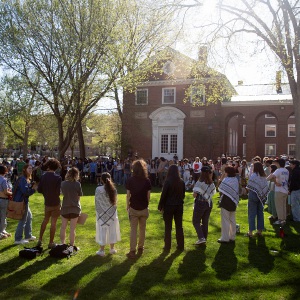 Dartmouth administration faces fierce criticism over protest arrests
Dartmouth administration faces fierce criticism over protest arrests
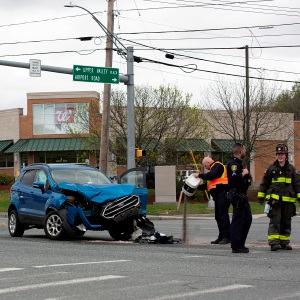 West Lebanon crash
West Lebanon crash
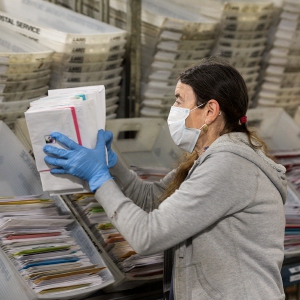 Plan on track to ship Upper Valley mail to Connecticut for sorting
Plan on track to ship Upper Valley mail to Connecticut for sorting
 Lebanon’s Jewell back from auto accident, more aware of ‘drowsy driving’ dangers
Lebanon’s Jewell back from auto accident, more aware of ‘drowsy driving’ dangers
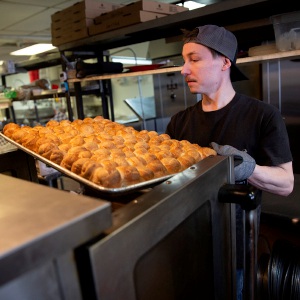 Longtime employees buy West Lebanon pizzeria
Longtime employees buy West Lebanon pizzeria
Editors Picks
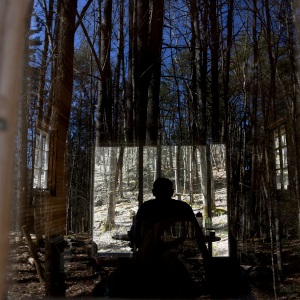 Norwich author and educator sees schools as a reflection of communities
Norwich author and educator sees schools as a reflection of communities
 Editorial: Response to campus protests only adds fuel to the fire
Editorial: Response to campus protests only adds fuel to the fire
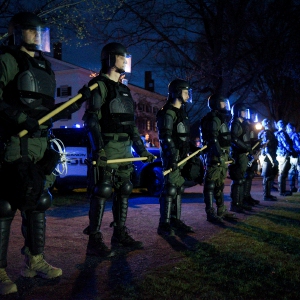 Kenyon: Dartmouth shows it has no patience for peaceful protest
Kenyon: Dartmouth shows it has no patience for peaceful protest
 Publisher’s note: Valley News launches updated online app
Publisher’s note: Valley News launches updated online app
Sports

Lebanon’s Jewell back from auto accident, more aware of ‘drowsy driving’ dangers
PLAINFIELD — Maddie Jewell realized she was tired when she embarked on the half-hour drive home from Grantham late on a Saturday night last November.It had been a busy start to the school year for Jewell, a three-sport student-athlete at Lebanon High....
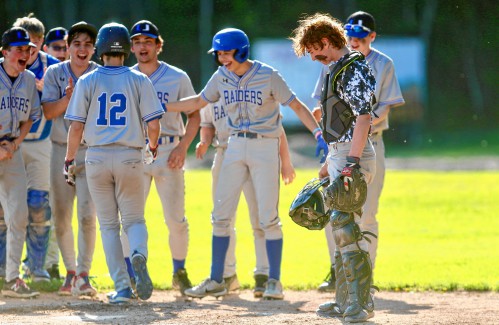 Young Oxbow baseball team struggles, but coach still finds joy in teaching the game
Young Oxbow baseball team struggles, but coach still finds joy in teaching the game
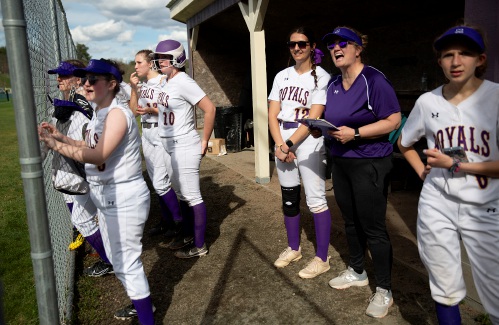 Local Roundup: Hartford tops Woodstock in close girls lacrosse contest
Local Roundup: Hartford tops Woodstock in close girls lacrosse contest
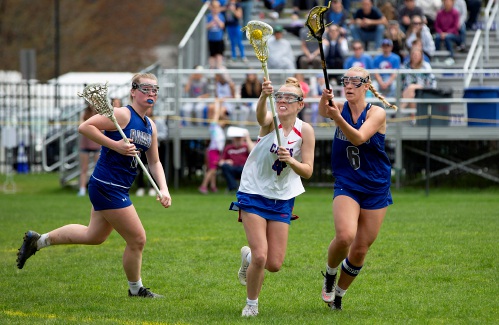 Hurricanes earn 10-9 victory over U-32 in girls lacrosse
Hurricanes earn 10-9 victory over U-32 in girls lacrosse
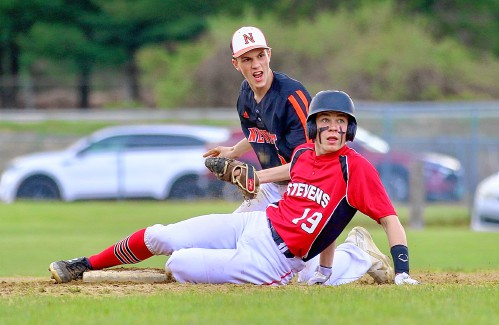 Stevens, Newport baseball split high-scoring games
Stevens, Newport baseball split high-scoring games
Opinion

Editorial: Chris Sununu’s moral vacuum
New Hampshire Gov. Chris Sununu’s conversion from “Never Trump” to “Ever Trump” occurred not on the road to Damascus but on the Republican Party’s road to perdition.On ABC News last Sunday, Sununu affirmed his intention to support Donald Trump for...
 Editorial: Gambling tarnishes America’s sporting life
Editorial: Gambling tarnishes America’s sporting life
 By the Way: A white nationalist’s many mistruths
By the Way: A white nationalist’s many mistruths
 Column: The age-old question of what to read
Column: The age-old question of what to read
 Editorial: Transparency wins in NH Supreme Court ruling
Editorial: Transparency wins in NH Supreme Court ruling

Photos
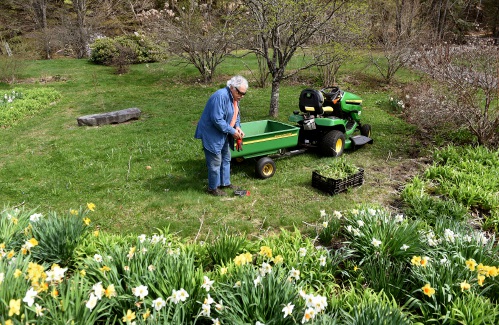
Spring in the garden
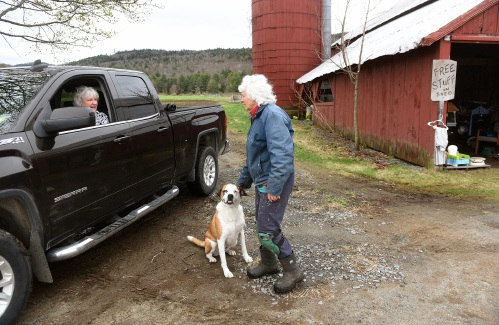 Deposit with interest
Deposit with interest
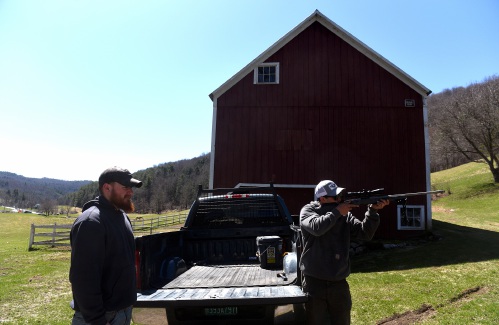 Scoping things out
Scoping things out
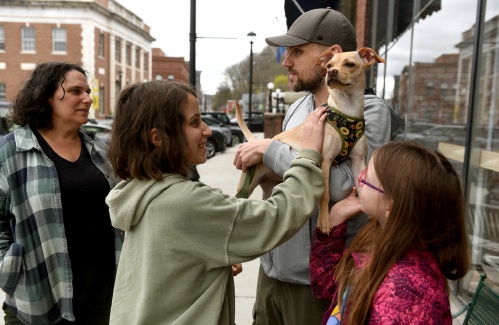 Pampered pup
Pampered pup
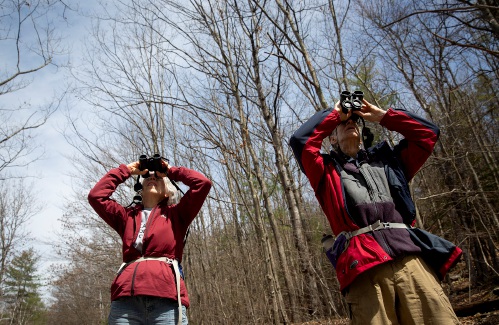 Eyes and ears
Eyes and ears
Arts & Life
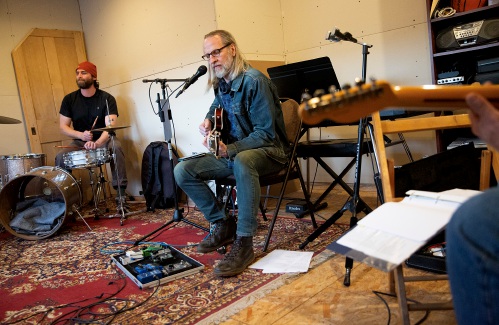
Art Notes: Canaan Meetinghouse showcase brings musicians and listeners together
CANAAN — A few summers ago, during the pandemic, Martin Decato and Peter Dionne got together to play music. Decato is a longtime pro, Dionne an avid amateur.They looked around for a good place to make music videos, and didn’t have to look far. They...
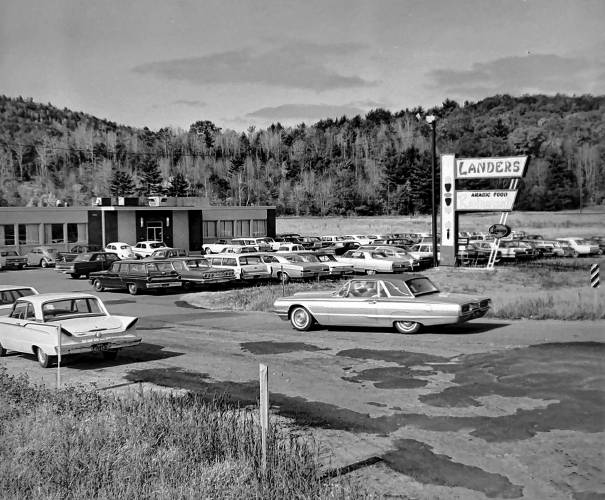 A Look Back: Upper Valley dining scene changes with the times
A Look Back: Upper Valley dining scene changes with the times
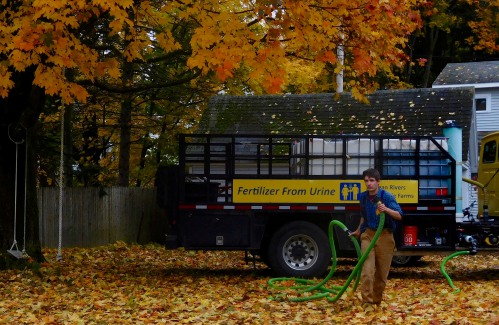 The future of fertilizer? Pee, says this Brattleboro institute
The future of fertilizer? Pee, says this Brattleboro institute
 Bald eagles are back, but great blue herons paid the price
Bald eagles are back, but great blue herons paid the price
Obituaries
 Sandra A. Smith
Sandra A. Smith
Ascutney, VT - Sandra A. Smith, age 79, passed Friday, February 2, 2024. Visitation will begin at 10am Knight Funeral Home in White River Jct., VT on Friday, May 17, 2024, until the time of service at 12pm. Burial will follow in the... remainder of obit for Sandra A. Smith
 Jane Quale
Jane Quale
Hanover, NH - Jane Quale passed away peacefully on December 19, 2024 at home. Born on November 24, 1938 in Grand Forks ND, she graduated from the University of Minnesota in 1960 earning Phi Beta Kappa honors and serving as Homecoming Qu... remainder of obit for Jane Quale
 Vernona S. Bell
Vernona S. Bell
White River Junction, VT - Vernona S. Bell, 83, died Saturday, May 4, 2024, at home with her family. She was born October 19, 1940, a daughter of Victor and Vernona (Heck) Wallace in the Bronx borough of New York City. Vernona attended... remainder of obit for Vernona S. Bell
 Derek Lamson Siegler
Derek Lamson Siegler
Hinesburg, VT - Derek Lamson Siegler, a devoted son, husband, father and friend passed away suddenly on April 29, 2024 from heart failure. He was a kind, compassionate person, who expressed his feelings in his music, art and writing. H... remainder of obit for Derek Lamson Siegler


 Editorial: Hartford is right to give banners due consideration
Editorial: Hartford is right to give banners due consideration
 Crane crash on Interstate 89
Crane crash on Interstate 89
 Local Roundup: Lebanon boys tennis blanks Kingswood
Local Roundup: Lebanon boys tennis blanks Kingswood
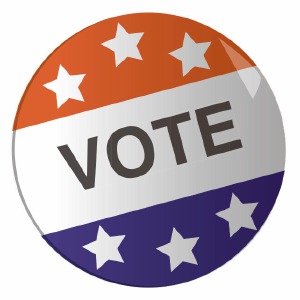 Four vying for one seat on Newport Selectboard
Four vying for one seat on Newport Selectboard

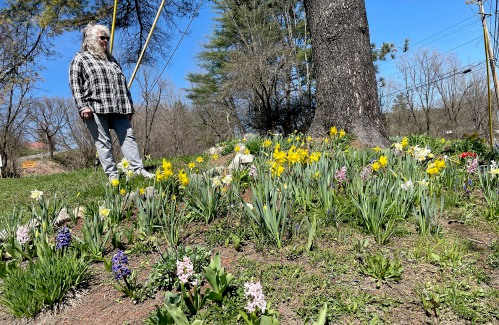 From dirt patch to a gateway garden, a Randolph volunteer cultivates community
From dirt patch to a gateway garden, a Randolph volunteer cultivates community 
